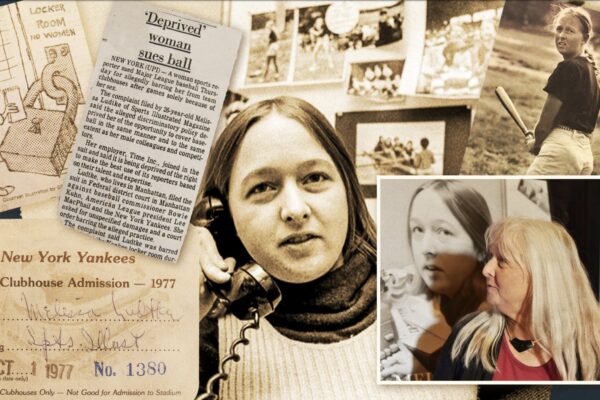By Zach Griffith | @ZachGriffith17
Sports Capital Journalism Program
MINNEAPOLIS – Although they’ve never been to the Final Four as head coaches, Auburn’s Bruce Pearl and Virginia’s Tony Bennett, whose teams will meet in a semifinal Saturday evening, have no shortage of championship-caliber experience.
Pearl, who has led the Tigers to their first Final Four in school history, has used his Division II experience to help prepare his team for this weekend.
“While this may be my first Final Four in the Big Dance, in 1994 we [Southern Indiana] lost in a national championship game to Cal State Bakersfield, and then in ‘95 we won the national championship against Cal State Riverside,” said Pearl. “So this is actually the third time I’ve been here.”
Prior to coaching Auburn, Pearl served as head coach at Southern Indiana (1992-2001), Milwaukee (2001-2005), and Tennessee (2005-2011). Before this season, the closest Pearl’s Division I teams had come to the Final Four was in 2010 with Tennessee, where the Volunteers narrowly fell to Michigan State in the Elite Eight.
Pearl guided Tennessee to the tournament in all six years of his tenure, led Milwaukee to the Sweet Sixteen in 2005 and helped Auburn reach the second round last season.
Pearl stated that Division II programs deserve respect for their postseason play and that the Final Four experience has been surreal for his players.
“The only reason I say that is…to give credit to the Division II programs and the other championships,” said Pearl. “There is no bigger stage, and I’m just excited for my players because they — I mean, they’re walking around with their jaw dropped the whole time. Every time you turn the corner, you see another sign or another picture….They’ve got to be pinching themselves, and I think so is this 59-year-old guy.”
When asked what the Final Four means to the Auburn community, Pearl said that the entire institution should be recognized for the accomplishment.
“Auburn is one of the finest public institutions in the southern part of the country,” he said. “I mean, it’s a destination place for people in the South. We’ve got phenomenal programs nationally ranked in many things, and all this is going to do is bring some more, I think, credibility. And Auburn’s a great college town, and I think that the kids that go to Auburn want to be in that environment. It’s a very, very special place, and I think more people are going to visit it now because of Auburn being in the Final Four.”
Pearl went on to say that anyone can get to the Final Four, citing his journey and that of Texas Tech coach Chris Beard.
“The lesson for me is simply what a great country we live in, that coaches like myself or Chris Beard, who came up differently than others — but anybody could — you can get here. If I can get here, anybody can get here. So I think it gives hope that this land is a land of tremendous opportunity.”
Bennett, who led the Cavaliers to their first Final Four since 1984, said that a championship for his program would be special and that the experience has been a great one for the team.
“It’s been very enjoyable,” Bennett said. “You try to have that balance of being purposeful for the preparation for the game and also enjoying it. If this program could find a way to the championship, of course it would be significant because I think it’s a remarkable story, for anybody who wins one, but our story is — in a way it is unique.”
Prior to landing the Virginia job, Bennett was the head coach at Washington State for three seasons. He guided the Cougars to two tournament berths, highlighted by a Sweet Sixteen appearance in 2008. Bennett does have some perspective on the Final Four, however, serving on his father Dick’s staff at Wisconsin from 1999 to 2003. In 2000, Bennett was a member of the Badgers’ Final Four run.
Bennett went on and praised previous Virginia basketball figures for creating a foundation for the program to stand on.
“To see the resiliency and resolve and all that’s gone into this program from coaches before me, players before me, and since I’ve been there, the foundation that’s been laid,” Bennett said. “It’s what you always hope for. You see it from a distance in other programs, and then you aspire to it and you try to build it in the way you think is best fit for where you’re at, and that’s what we’ve tried to do with all of our might.”


